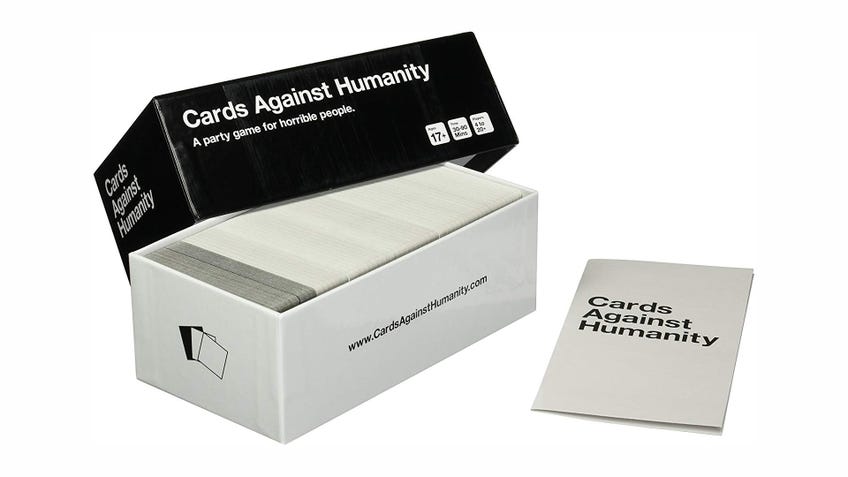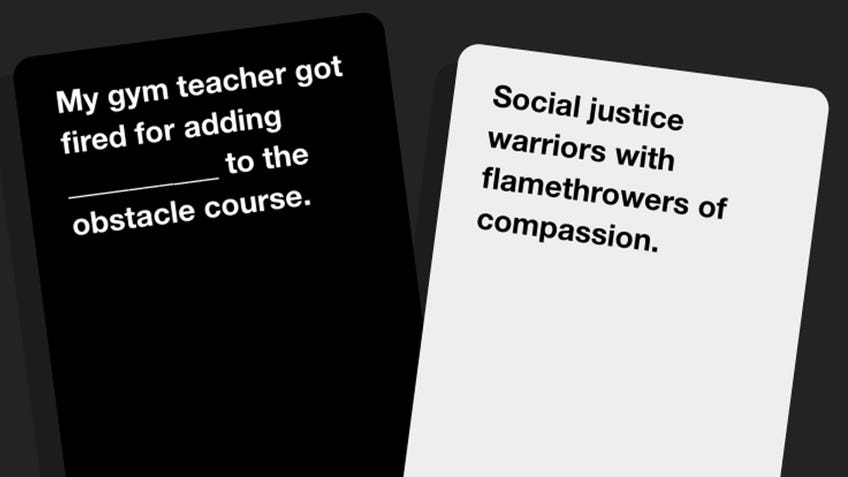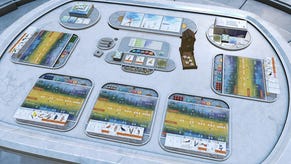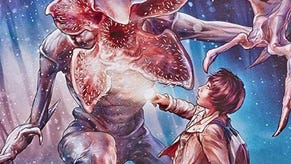Cards Against Humanity is a terrible party game because it laughs at the expense of others
Party pooper.
I was in my third year of university when I first played Cards Against Humanity and, honestly, I laughed my arse off the entire time. It felt liberating - especially with the addition of alcohol (which was the fashion at the time) - and at no point did I stop and wonder what, exactly, I was laughing at.
If I had, then maybe my giggles would have trailed off in an appropriately awkward fashion and my face would have flared red - as it often does when I worry that I may have said something hurtful. After all, that is what Cards Against Humanity is all about; it’s a game where players challenge each other to say the most controversial things in the name of ‘humour’.
Players are each dealt a hand of ‘white’ cards printed with various ‘hilarious’ nouns ranging from the seemingly harmless - like “gladiatorial combat” and “Skeletor” - to the undeniably problematic, such as “beating your wives” and “altar boys”. One player is then selected to draw a ‘black’ card that will either show a question that the other players must answer, such as “What’s fun until it gets weird?”, or a sentence with one or more blank spaces that the other players must fill. After each of the players has handed in their cards, they are shuffled and read out, before the person who drew the black card (the ‘Card Czar’) chooses the best response.
This formula (which CAH borrowed somewhat from the earlier, sanitised party game Apples to Apples) has proven to be wildly successful, with a staggering amount of expansions available for the game - from packs mining 2000s nostalgia to cards packed with references to the theatre - and dozens upon dozens of imitators, such as Crabs Adjust Humidity, that take the risque concept of the original even further. It’s become perhaps the most recognisable party board game currently in existence and I hate it.

The problem is that it’s not enough to simply point at something to get people to laugh. Good comedy needs to actually say something profound whilst tickling our funny bone. Playing Cards Against Humanity is such a shallow experience that it’s virtually impossible to do this; instead, it relies upon the assumption that its players will simply laugh at the idea of saying tasteless things. Some people may argue that a party is the perfect environment for people to let propriety slide for once, but I’d say that boisterousness is no excuse to discard common decency.
It’s important to remember that, sometimes, we don’t necessarily know everything about everyone. It’s all fun and games until someone says something that hurts another person in the room - and it’s not just about whether the content of that joke applies to them. I can say for certain that I’ve been in some pretty toxic situations where jokes were made that didn’t necessarily apply to me, but they nevertheless made me feel uncomfortable because they were targeting certain groups. It’s a horrible feeling to be sat in a room while the people around you laugh at the expense of those that, frankly, don’t deserve it.
Some fans might claim that Cards Against Humanity enables players to distribute their humour barbs equally - from Muslims to Nazis, no one group is singled out by the game’s cards. However, simply presenting a wide range of groups to point and laugh at doesn’t absolve the game of enabling players to mock some of the people who suffer most in society.
Subjects like police brutality, racial discrimination and sexual assault deserve to be discussed with nuance. And if comedy is ever the chosen format for this discussion, then it should be approached with care and, most importantly, say something that makes people actually engage in the topic. It’s not enough to slap a 17+ label on the box and be done with it; after all, adults have a responsibility to not be arseholes.

There’s nothing fun about a game that encourages people to be ‘controversial’ to the detriment of minority groups. Worse, considering that a growing number of people now pride themselves on being ‘politically incorrect’, it too easily becomes an excuse for people to say things that are better off left unsaid. The plain fact is that the entire idea of Cards Against Humanity is flawed.
What’s more, there are plenty of far better party board games out there that do enable plenty of naturally funny situations without all the ick found in Cards Against Humanity.
I’ve genuinely never laughed as much when playing a board game as I have during any experience of Telestrations - which has players attempting to illustrate a word or phrase in an incredibly short amount of time, before passing their drawing along to a neighbour who has to guess what it is. What makes Telestrations so brilliant is that the humour comes from the game design itself, with the mechanics of timed drawing and guessing inevitably resulting in hilarity. None of the cards contain any ‘controversial’ content themselves; there are similar board games that lean more into the mature side, such as Scrawl, but even those don’t punch down. It’s just a silly game that encourages people to laugh at each others’ silliness, like so many great party games.
Happy Salmon, TEAM3 PINK, Wavelength, Monikers - which is similarly built around referential humour, just not the gross kind (apart from a few dodgy exceptions) - these are all funny party board games that my friends and I have had a fantastic time with. They go to show that you don’t need to be shocking to make people laugh, and that good game design can go a long way when it comes to producing humour.
A few years ago, once I’d learnt a bit more about tabletop gaming (and a lot more about social issues), I donated my copy of Cards Against Humanity to a local charity shop. Doing so felt like ridding myself of a truly unpleasant thing, like a cursed idol or haunted doll - I’m glad it’s not in my collection anymore. The best party board games are those that build on the shared experience of ridiculousness and remind you of what you find funny about each other, rather than providing hollow laughs that you later regret.



